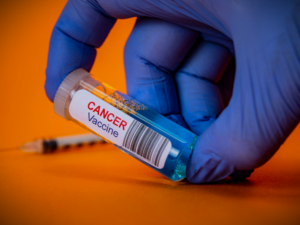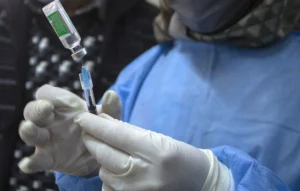What is Liver Cancer?
- Hepatocellular carcinoma (HCC) is the most common form of liver cancer.
- Primarily caused by chronic hepatitis B (HBV) and hepatitis C (HCV) infections.
- Hepatitis B leads to liver cirrhosis, increasing the risk of liver cancer.
Hepatitis B Vaccine
- Highly effective in preventing hepatitis B infection.
- Reduces the risk of liver cancer by preventing chronic hepatitis B.
- Administered in three to four doses starting at birth.
Hepatitis C and Prevention
- No vaccine for hepatitis C, but antiviral treatments can cure infections.
- Treatment reduces the long-term risk of liver cancer.
- Efforts to develop a hepatitis C vaccine are ongoing.
Impact of Vaccination Programs
- Hepatitis B vaccination programs have significantly lowered liver cancer rates.
- Countries like Taiwan and South Korea show dramatic declines in liver cancer due to vaccination.
- The WHO aims to eliminate hepatitis B as a public health problem by 2030.
Combining Vaccination and Screening
- Routine screening is essential for individuals with chronic hepatitis B or C infections.
- Ultrasound and AFP blood tests can detect liver cancer early.
- Vaccination protects against hepatitis B, but screening remains crucial for liver health.
Challenges in Hepatitis B Vaccination
- Access to vaccines, healthcare infrastructure, and public awareness remain challenges in low-income regions.
- Global organizations are working to increase vaccination efforts, especially in high-risk areas.
Conclusion
- Hepatitis B vaccine plays a crucial role in preventing liver cancer.
- Global vaccination efforts and early screening are key to reducing liver cancer rates.
- Continued research and access to treatment can help in the fight against liver cancer.



